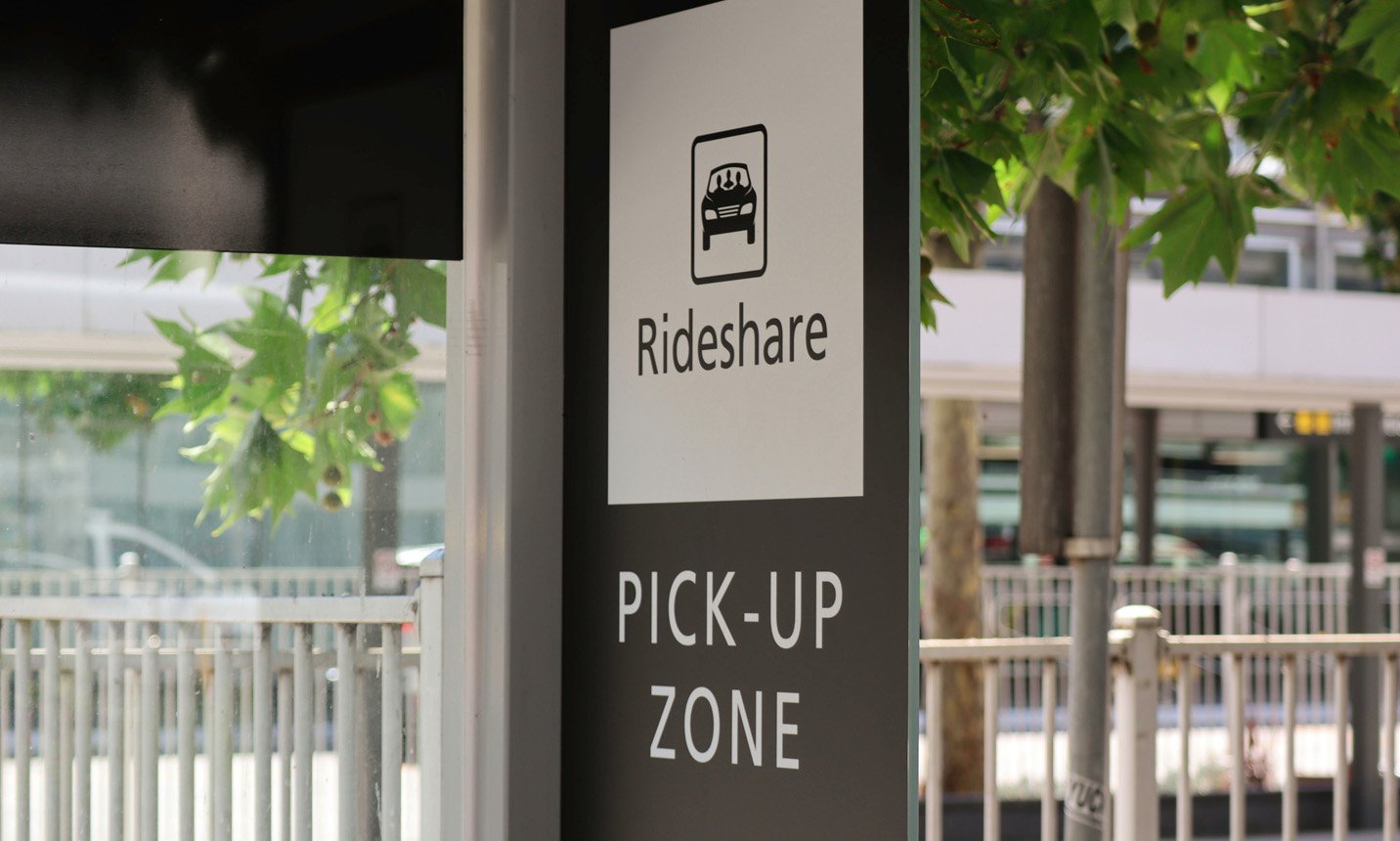FREE CONSULTATIONS:
415.925.5161

What the California Supreme Court’s Decision in the Uber Lawsuit Means for Gig Workers
For years, there has been an ongoing struggle between maintaining the convenience and flexibility of the gig economy and protecting the rights of workers who try to make a living within its framework. Now, a recent court decision in a lawsuit against Uber Technologies Inc. could pave the way for better gig worker rights in California and across the country. It could also lead to large-scale legal action against employers in the state.
The California State Supreme Court ruled that a 2019 lawsuit against Uber can proceed. The claim was filed by an UberEats driver seeking reimbursement for work-related expenses.
The case centered on the Private Attorneys General Act (PAGA), a unique law that exists only in California. The law allows workers to sue for employment law violations on behalf of themselves, other workers, and the state and keep a portion of the money they recover.
Plaintiff Erik Adolph brought a class action lawsuit accusing Uber of misclassifying UberEats drivers as independent contractors instead of employees. He claimed that delivery drivers should be reimbursed for business expenses under state law.
Adolph sought civil penalties for the ridesharing company’s labor violations for himself and other former and current “aggrieved employees.” Uber tried to force him into private arbitration and dismiss his class action claims. The company argued that the parties had signed an agreement that required Adolph to enter individual arbitration of his claims against Uber.
In a unanimous ruling, the California State Supreme Court sided with Adolph in saying that he did not waive his right to sue Uber on behalf of a large group of UberEats workers despite signing an agreement to resolve his work-related legal claims in private arbitration. The court said that the law does not bar workers from arbitrating their individual claims while litigating a separate large-scale PAGA claim in court on behalf of other workers.
The California Supreme Court decision challenges a 2022 ruling in a lawsuit that involved Viking River Cruises. In that case, the U.S. Supreme Court held that companies could force individual claims into arbitration, meaning that workers gave up their right to pursue a PAGA claim on a class or representative basis in court if they had signed an arbitration agreement. The decision was seen as a victory for employers seeking to limit large-scale actions related to PAGA claims.
However, the California Supreme Court’s ruling in Adolph v. Uber Technologies, Inc. marks a major shift back in favor of workers. The decision could prompt employers to think twice before forcing workers into mandatory arbitration if PAGA class action lawsuits can still be brought in court. An attorney for Uber said the company was looking into “appellate options.”
Many nonunion workers in the private sector are required to sign arbitration agreements as a condition of employment. Such agreements typically bar them from bringing or participating in class action lawsuits in court. Mandatory arbitration also deters workers from pursuing individual claims that involve small amounts of money. Additionally, workers who arbitrate their disputes are less likely to win.
Companies like Uber, Lyft, DoorDash, and Postmates often label workers as independent contractors to cut costs and maximize profits. Doing so enables companies to avoid paying minimum wage, reimbursing business expenses, and providing benefits.
In 2020, California passed Proposition 22, allowing gig companies to classify their workers as independent contractors instead of employees. However, the measure has been controversial and far from a definitive resolution to the ongoing debate about worker classification. The California Supreme Court’s ruling could lead to better working conditions, fairer pay, and various benefits for gig workers.
At McCormack Law Firm, we believe that workers should be empowered to fight for their rights. If you have been misclassified as an independent contractor when you are an employee, reach out to us right away. While we are not involved with this Uber lawsuit, our San Francisco employment lawyers are dedicated to protecting the rights of workers and ensuring they are not taken advantage of by employers.
McCormack Law Firm can help you hold your employer accountable for their unlawful labor practices. We keep up to date with the latest developments in California labor law to ensure our clients receive the best legal representation. Contact us today to learn more and discuss your situation.
Read more
San Francisco Tech Startup Under Fire for Sexual Harassment and Gender Discrimination
The company culture at tech startups can commonly be characterized by a combination of informality, flexibility and innovation, along with a strong emphasis on collaboration. Startups tend to have less formal hierarchies…
Employee Sues San Francisco Hedge Fund for Misogynistic Workplace Culture
Intense and competitive work environments are often hallmarks of hedge funds. There may also be a lack of formal hierarchy with fewer checks and balances to prevent workplace misconduct. Without proper oversight,…
Addressing the Gender Gap: Ongoing Challenges for Women and Legal Remedies in the Workplace
The landscape of job opportunities for American women has undergone significant changes over the past several decades. From increased workforce participation to greater representation in high-paying positions, women have made notable strides….
Former Senior Director Sues Salesforce for Wrongful Termination During Health Crisis
Tech companies are often in the news over allegations of discrimination, harassment, and other workplace misconduct brought forward by their employees. The latest employer to be named in a lawsuit is Salesforce….
SEEN ON









